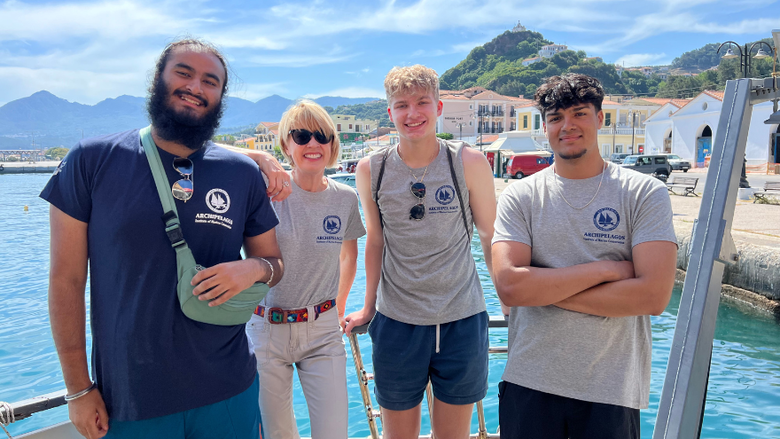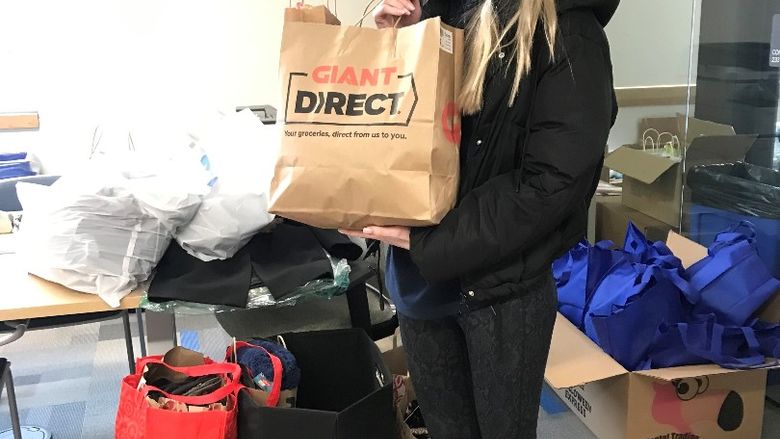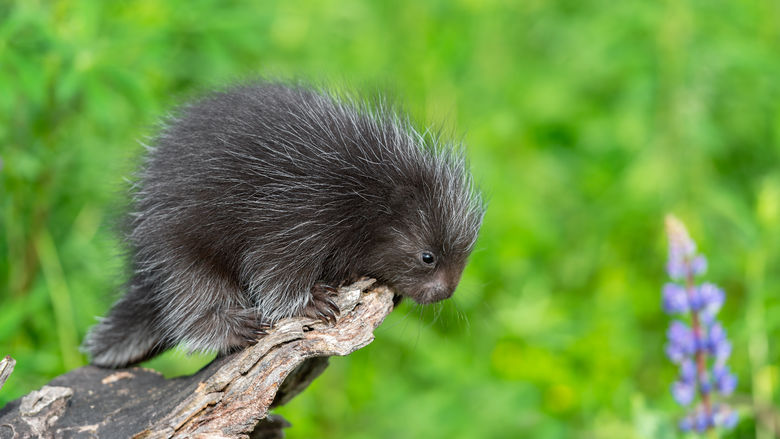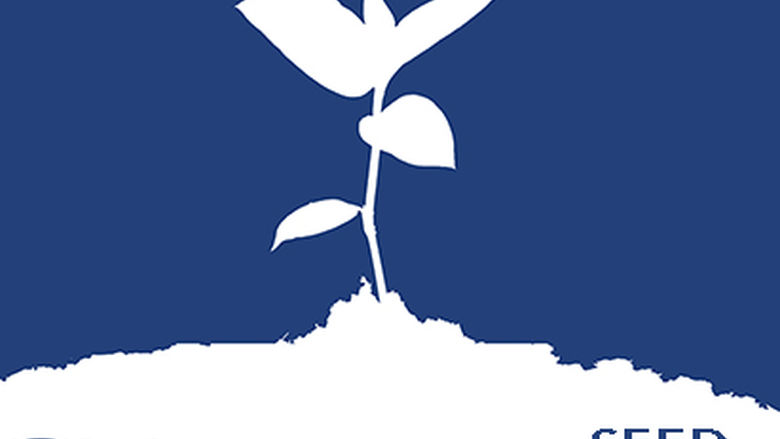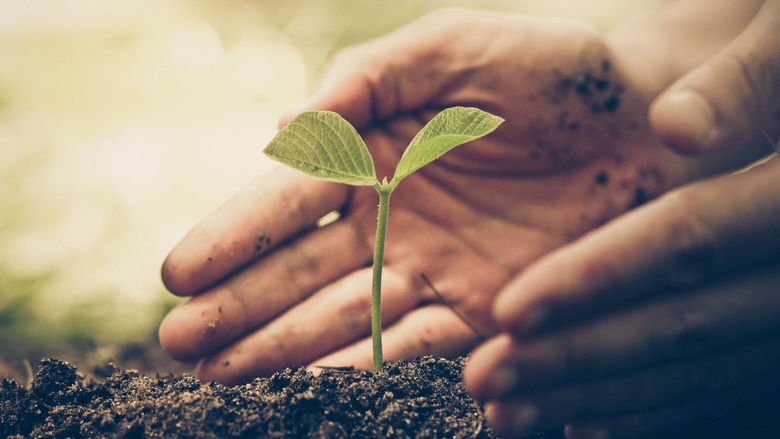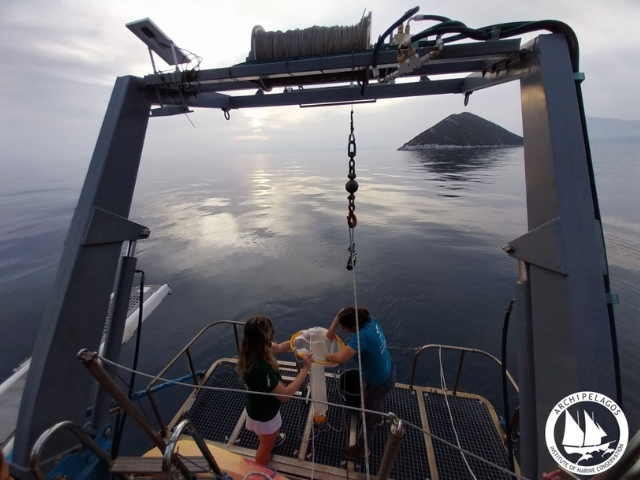
Penn State students will learn about and develop an action plan for reducing the amount of plastic pollution in the Aegean Sea alongside students from universities worldwide as part of the
CHANCE Greece study abroad program this summer (Photo: Archipelagos Institute of Marine Conservation)
CENTER VALLEY, Pa. — Penn State CHANCE — Connecting Humans And Nature through Conservation Experiences — is offering students hands-on research experience in Greece this summer.
The Mediterranean Sea is a region of significant biodiversity, but has been experiencing biodiversity loss at an alarming rate due to overfishing, habitat destruction and fragmentation, pollution, climate change and invasive species. Students in this unique two-course embedded study-abroad program will study, and connect with, the biodiversity of select ecosystems in the Mediterranean Sea of Greece.
Using a multidisciplinary approach, they will work to unravel the science concepts, conservation realities, and local, national and global sustainability issues that surround the decline of species in the Mediterranean’s fragile waters. Additionally, they will be given the opportunity to explore and develop a deeper and more enriched understanding of the intensifying anthropogenic pressure of plastic pollution.
To accomplish the above objectives, 10 select Penn State undergraduates will complete pre-field work online in the late spring 2024 semester for seven weeks, which will introduce them to the fields of conservation biology and sustainability. The students will then travel to Greece from May 20 to June 14, where they will learn from local, national and international experts, researchers and faculty about sustainability, conservation, environmental biology, marine biology, and international policy and law related to issues confronting the Aegean Sea.
Students will work in small groups with students from other universities worldwide and be mentored by scientists and conservationists from two non-governmental organizations — Archipelagos Institute for Marine Conservation on the Greek island of Samos, and Archelon Sea Turtle Protection Society at their rescue centers in Glyfada, Athens, and nesting sites of loggerhead sea turtles in Kyparissia Bay.
Throughout this 4-week practicum, students will be engaged in a group-based Problem-based Learning (PBL) project to address the question “How can we help reduce the amount of plastic pollution in the Aegean Sea?” Student groups will develop a plan of action to answer this question and explain their plan of action in a public product, such as a poster, brochure, scientific paper, presentation aimed at identified policymakers, a piece of art, et cetera. All students will be mentored throughout each step of the PBL process.
The CHANCE Greece program is open to all Penn State undergraduate students in all majors. Program cost is $3,400 plus airfare. Scholarship opportunities are available. Application deadline is Feb. 15; students can apply online through the CHANCE website.
For more information, contact Jacqueline McLaughlin, professor of biology and CHANCE founding director, at [email protected].
